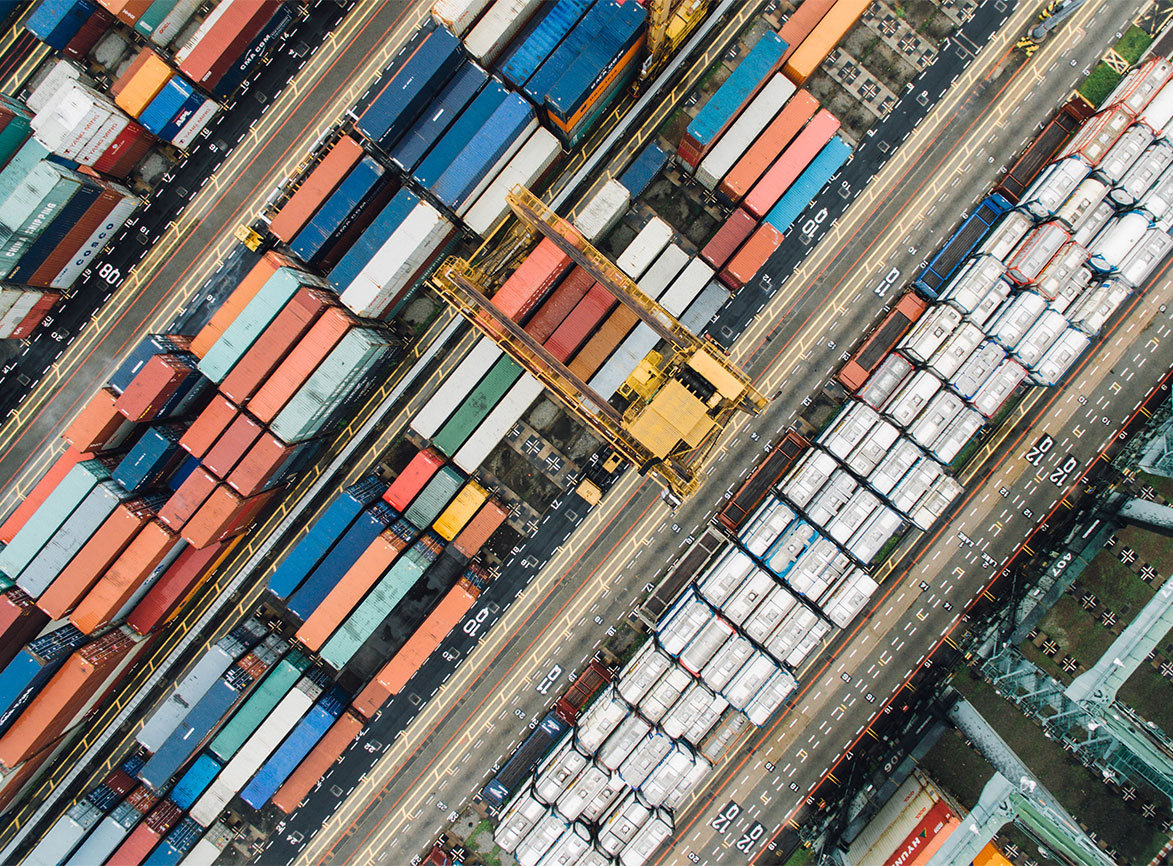Welcome to our supply chain news roundup for February! Each month we do our best to find the top stories covered and share insights into how they impact the supply chain industry at large, as well as how your organization can best respond.
This week we’re covering two of the biggest news stories of the year: the coronavirus and sustainability efforts in the supply chain.
How Supply Chains Can Offset Disruption in Face of the Coronavirus
Everyday news on the spread of the coronavirus makes headlines, leaving industry leaders scrambling to minimize disruptions within their organization’s supply chain. However, automakers like Hyundai have had to temporarily halt production altogether due to part shortages. As a result of the complex production of cars, various parts are sourced in different countries and continents, making it particularly vulnerable to losses and instability during unexpected events.
To minimize the effects of the unexpected, companies should consider migrating to a digital supply chain platform. This will allow supply chain organizations to be more flexible and responsive in the face of disruption.
In addition, having a logistics platform that leverages a large network of global carrier partners will give organizations the ability to easily move to alternate suppliers in other regions. As our AVP of Professional Services Dipti Gupta shared, digital supply chain platforms will also allow companies to scale up or down based on consumer demands.
The Supply Chain Industry Continues to be Held Accountable to Sustainability Measures
Along with IMO 2020, measures like ISO 14064-1 have emerged this year to hold supply chain organizations to higher sustainability standards. ISO 14064-1 has been in existence since 2006 and originally only required companies to report on GHG emissions they generated directly. With new updates, the measure is now calling companies to report on GHG emissions generated throughout their supply chain, even those indirectly produced by the organization.
In order to meet this new standard, organizations need end-to-end visibility. With a digital supply chain platform, they will be enabled to trace their products throughout their entire journey, allowing them to meet the new regulations in place with ISO 14064-1. It will also give organizations greater insights on their goods, knowing what is being sourced from where and how it is moved.
Make sure to follow along with our monthly supply chain news updates and subscribe to our learning center articles for the latest on the supply chain industry.
contact us
Contact Us

